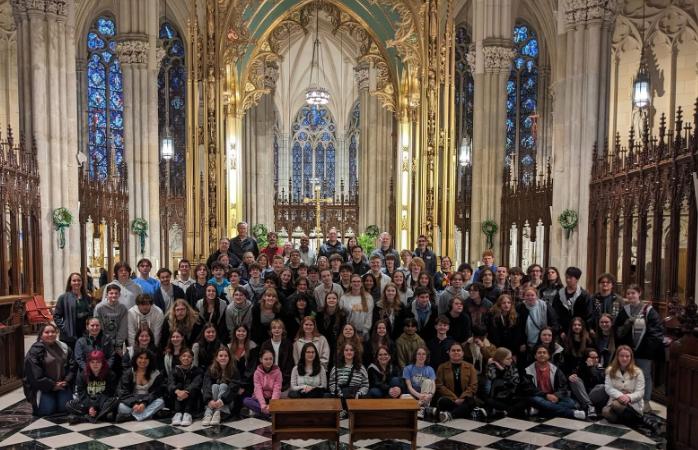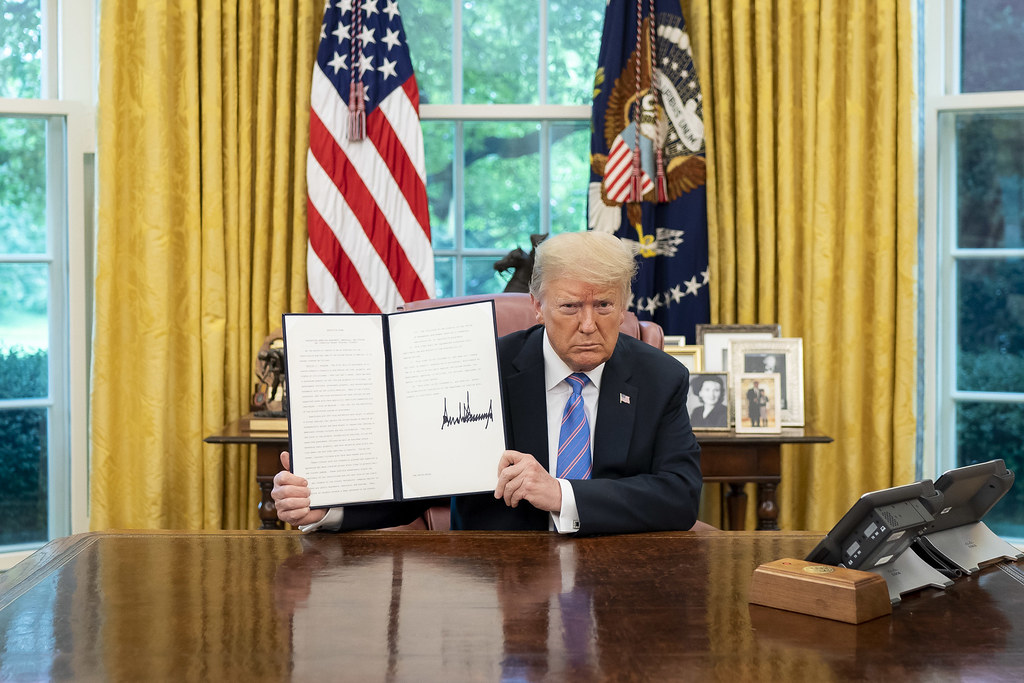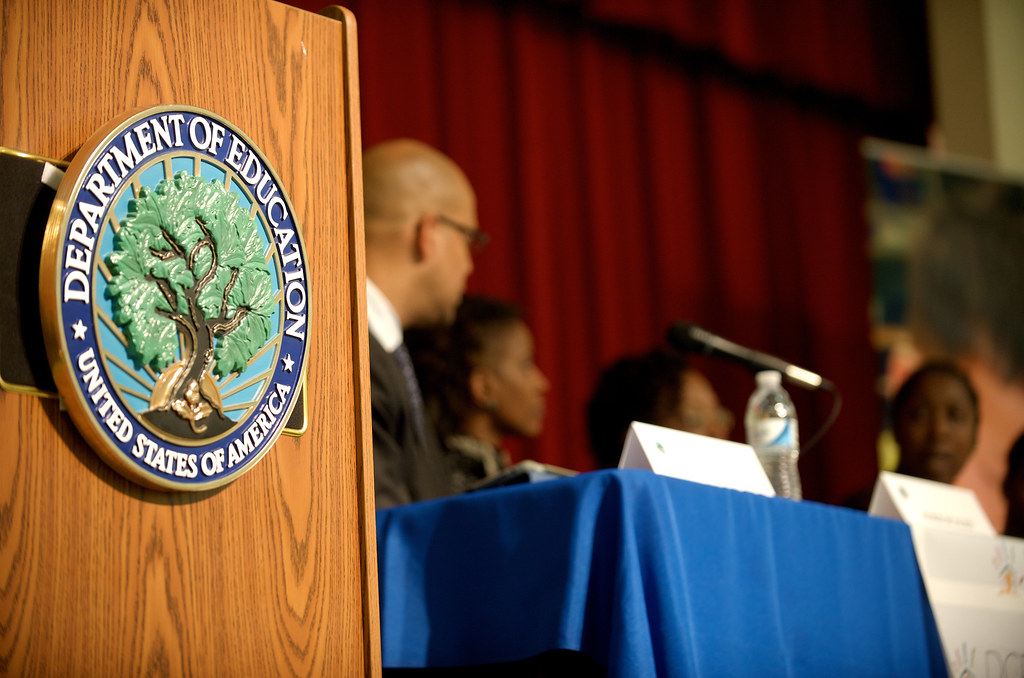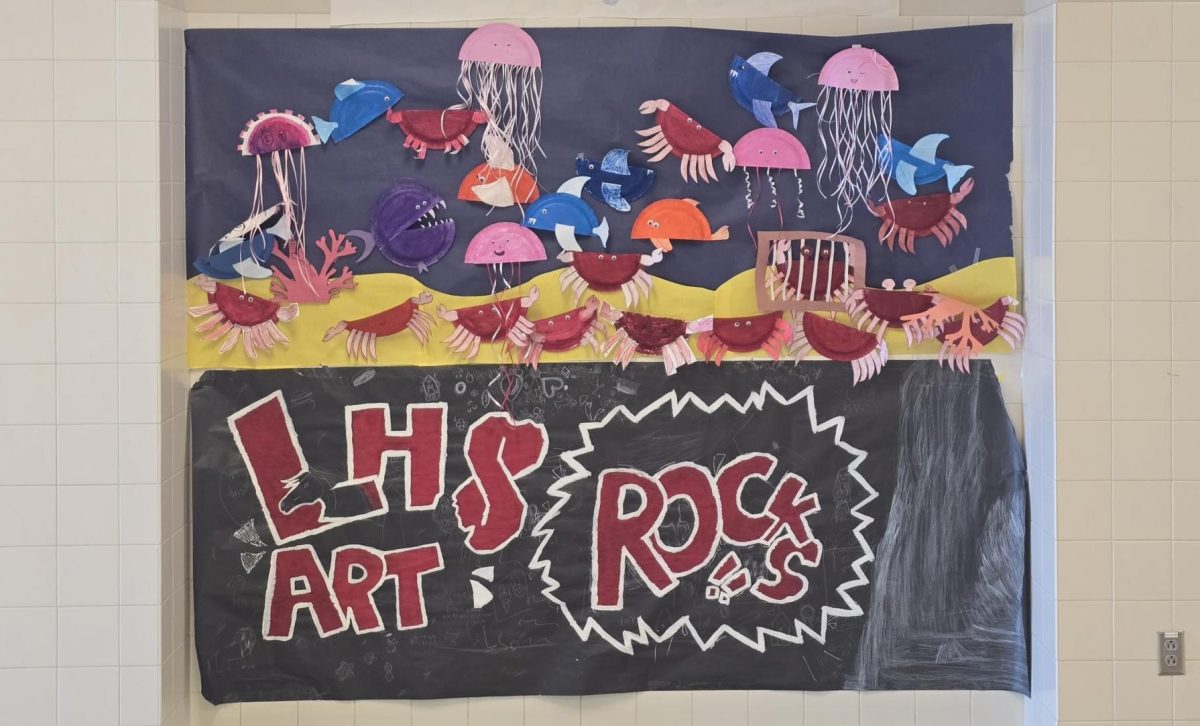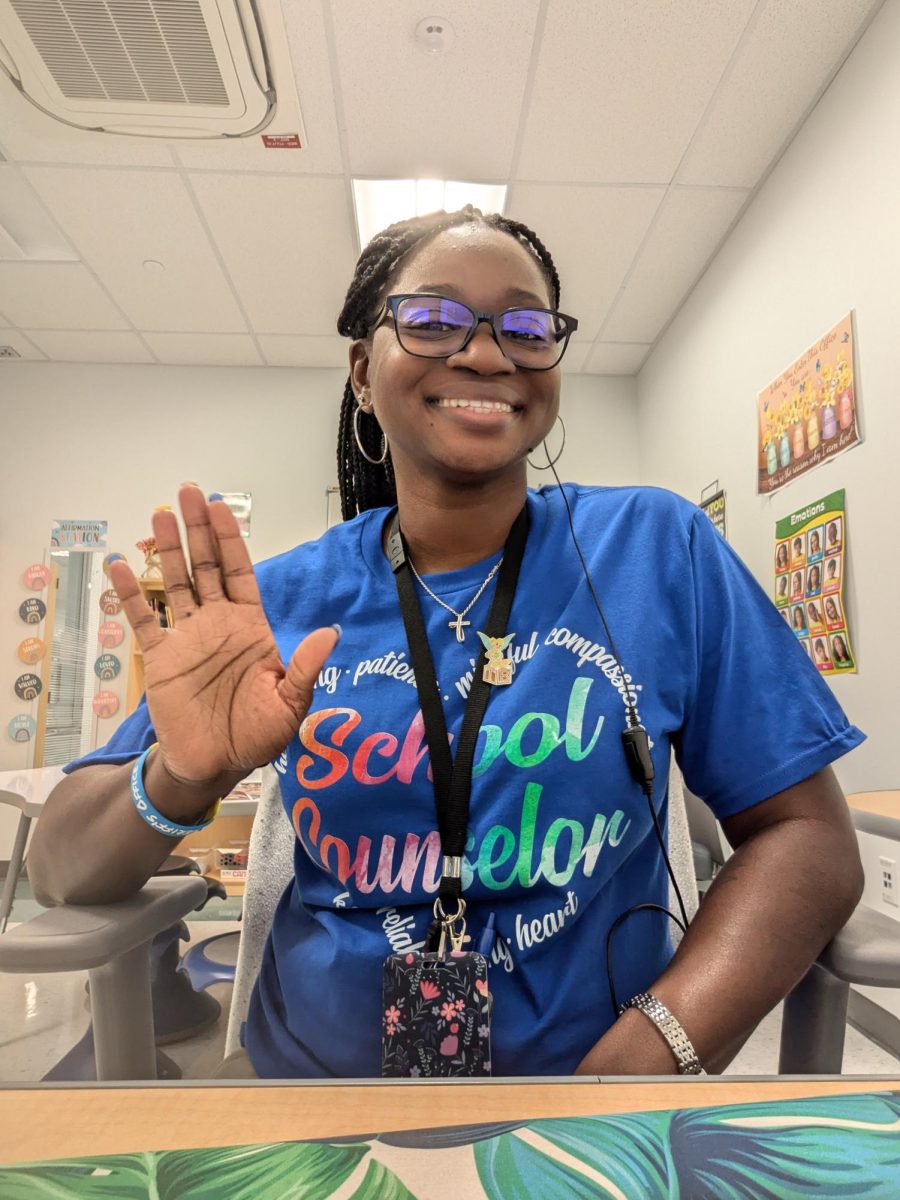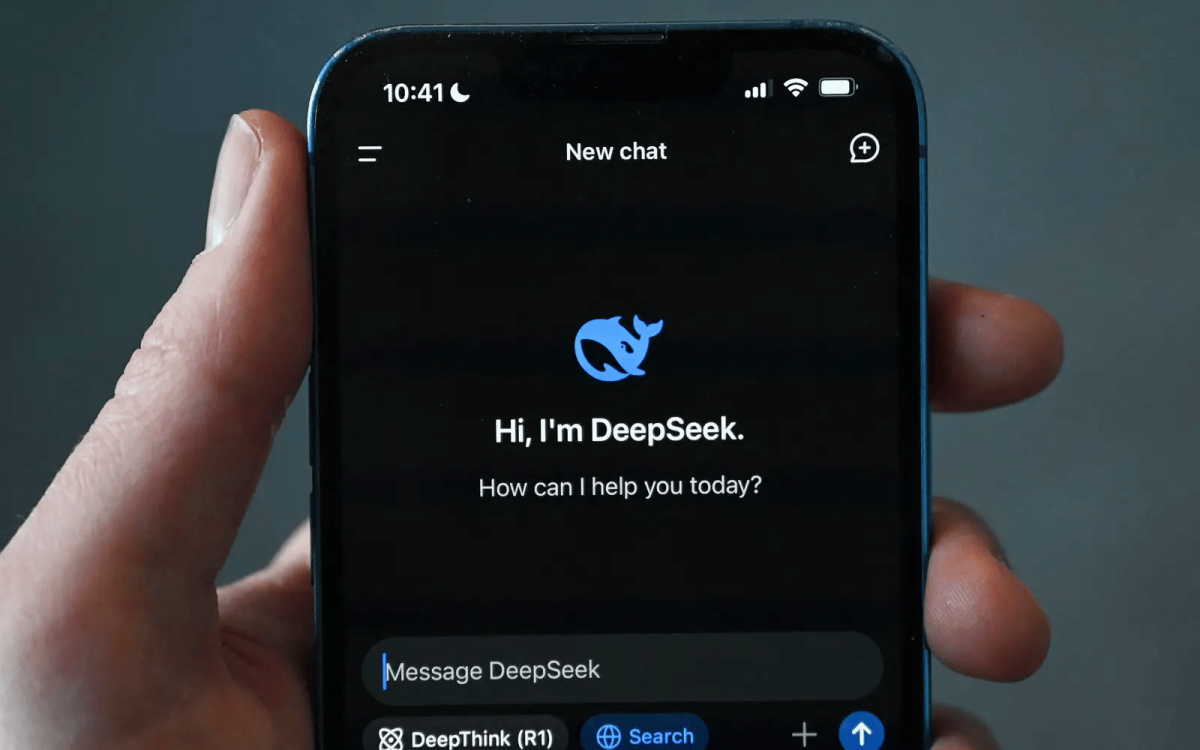Maryland’s Frederick County Public Schools (FCPS) recently announced changes to school policies involving student devices. FCPS’s Find Out First communication on May 3 stated that students are required to use FCPS-registered chromebooks in the 2024-2025 school year, ending the Bring Your Own Device (BYOD) program in which students previously had the option to use their own laptop or chromebook at school.
FCPS’s Find Out First communication on May 1 announced some of the initial changes to personal mobile devices (PMD) at school, limiting the use of PMDs in FCPS schools. PMD devices are non-registered FCPS devices, which includes but is not limited to mobile phones, tablets and personal computers.
The communication shared that “The Maryland State Department of Information Technology has instituted a required security upgrade to enhance the protection of student and school system data… to avoid any potential privacy concerns.” It is for that reason the current FCPS Bring Your Own Device (BYOD) program is ending on July 1.
FCPS Director of Technology Infrastructure Edward Gardner explained the continuous problem at FCPS schools in which students frequently abuse their right to bring their own computer.
“We do have an ongoing issue with students responsibly using technology throughout the school day,” Gardner said. “Students regularly use their BYOD devices to circumvent legally required protections that are in place to limit access to inappropriate & non-educational materials and services. We have caught over 2,000 separate attempts to leverage just one method of this during the current school year alone.”
These new technological guidelines will align with the FCPS Student Code of Conduct, along with other regulations such as the Children’s Internet Protection Act (CIPA). FCPS is required to follow these rules for the safety of students, and BYOD computers prevent these policies from being implemented due to the lack of control FCPS has to filter content for students on non-FCPS devices.
Some of the new regulations include limiting the use of personal devices used on FCPS grounds or at sponsored activities, restraining students from accessing the school WiFi though their personal devices, and requiring FCPS chromebooks to enhance restrictive internet content filters for student safety.
This policy change affects all FCPS schools, including Linganore High School (LHS), where many students rely on their own personal computers. LHS students noted how they have bought computers specifically for school work and prefer using their computers over the devices provided by the school system.
Prior to graduation, there were approximately 1600 students at Linganore High School. Thanks to the statistical data from LHS Technology User Support Specialist Conor Nolan, around 900 FCPS chromebooks were issued to LHS students, over half of the students at LHS use school-issued chromebooks (56%) while the rest rely on their own devices for school use (44%).
Although most students at LHS do not use their own computer device for school, FCPS is planning to ban the use of all devices, including phones, on school grounds.
Linganore sophomore Aubrey Hortie prefers to use her own personal computer which she bought for school. She complained about the quality of FCPS-issued chromebooks, which weighed into her decision to bring her own device.
“I like my computer,” Hortie said. “I can customize it; it’s just less laggy than the school’s [computers], and they [personal devices] work better.”
Linganore junior Rebecca Gable shares a similar opinion to Hortie, based on her past experiences using school-issued computers.
“I would hate having a school chromebook because I wouldn’t be able to decorate it the way that I like,” Gable said. “[I also] feel like my personal chromebook works better than the school chromebooks … [and my computer] doesn’t come with a clunky case.”
Linganore freshman Lourdes Jurao has a different opinion to the policy change. Juaro uses the FCPS-registered chromebook rather than her own device.
“[I prefer] borrowing from the school,” Juaro said. “I have my own computer at home, but it’s more practical to use [the FCPS chromebook].”
Due to the changes to the BYOD program, FCPS is required to provide a chromebook to all FCPS students. FCPS buys two types of models of chromebooks for students, Dell’s 3100 model and the Hewlett Packard’s (HP) 11A chromebooks. These computers cost around $220 each; Dell’s model is $186.99 and HP’s is $259.99.
Gardner stated that FCPS already has enough chromebooks for each student at FCPS, and there is no need to purchase any new devices for students who have their own computers.
“FCPS is required to have a district-provided device available for students to take certain assessments and in case a BYOD student had decided mid-year to use an FCPS-issued device,” Gardner said.
According to Gardner, between 7-9% of FCPS students used a BYOD computer during the 2023-2024 school year.
Although ending the BYOD policy will improve the security on computers for FCPS students, many students at Linganore still feel that using school-issued chromebooks are lackluster and will not help improve the main problems that derive from BYOD devices.
Gable described her disapproval of ending the BYOD policy, based on FCPS’s reasons for the change.
“I’m very much against [the BYOD policy ending],” Gable said. “There’s always going to be cheating, and honestly, I think they’re going to make a lot of students mad. I don’t think it’s going to fix anything, personally.”



